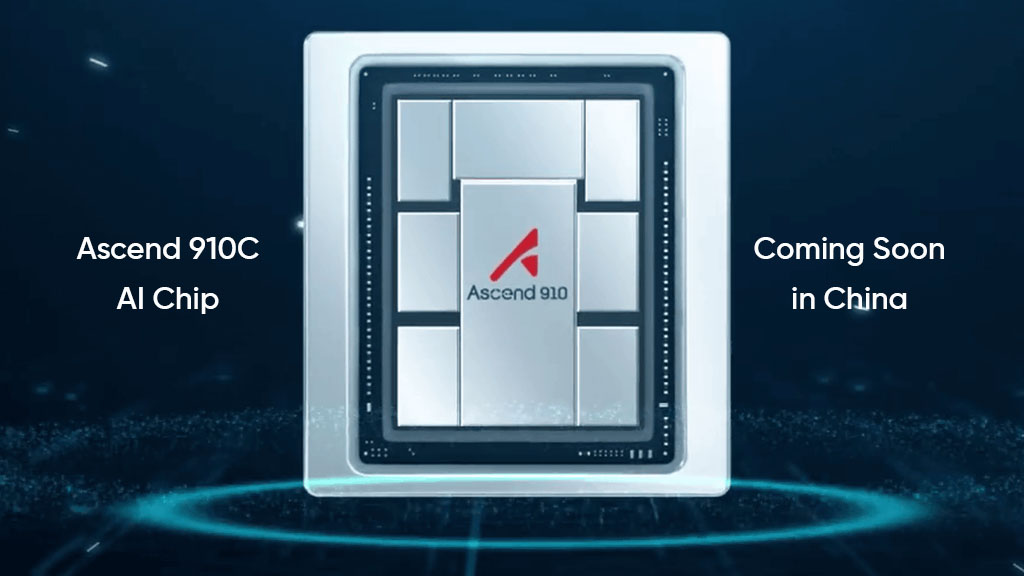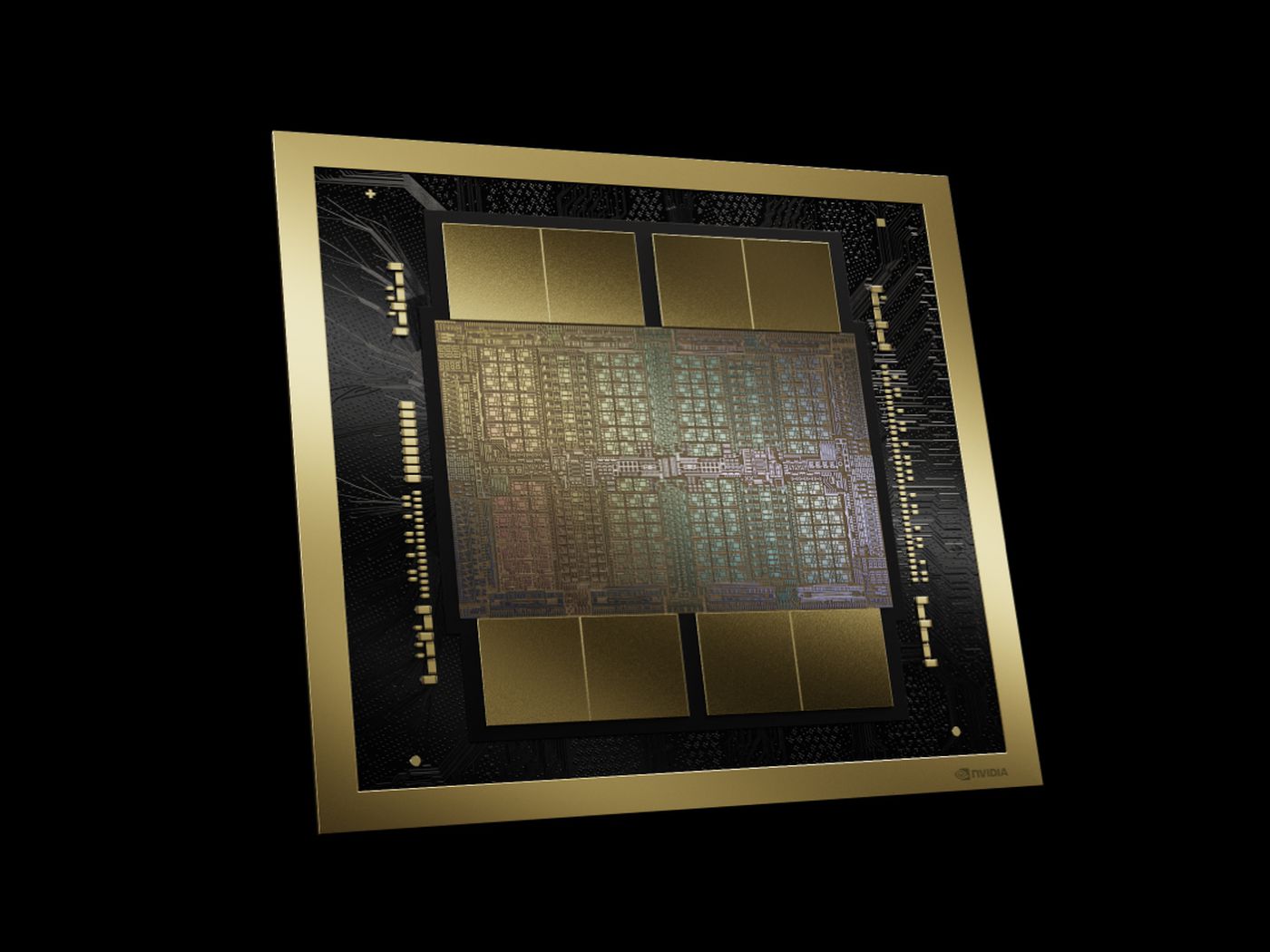Huawei's H100 rival will be launched in October

American sanctions may make things difficult for Huawei, but the tech giant still has big GPU ambitions. According to the Wall Street Journal, Huawei is preparing a graphics chip on par with Nvidia's popular H100, and it will be launched later this year.
Called the Ascend 910C, it succeeds Huawei's Ascend 910B and is currently being tested by Chinese internet and telecom companies. Debuting as early as 2022, the Ascend 910B is said to be as fast as Nvidia's A100 from 2020. With the Ascend 910C, performance should be significantly improved.
According to the report's anonymous sources, Baidu, China Mobile and ByteDance, the owner of TikTok, are all interested in getting some Ascend 910C chips. Huawei is said to have already received at least 70,000 orders for the 910C, worth approximately two billion dollars. However, development of the company's new graphics processor has been disrupted by US government sanctions, causing delays.

Huawei has the usual problems of lack of access to advanced process nodes, inability to acquire chip fabrication tools from companies like ASML, and perhaps most importantly for a data center GPU, inability to (legally) import high bandwidth memory (HBM) chips .
However, Huawei may be able to fix these issues. The company is building a factory for the development and production of chip fabrication equipment in China and is reportedly allied with other Chinese semiconductor firms that intend to produce HBM chips domestically.
In the short term, however, these issues could delay the Ascend 910C beyond October and potentially change its specs, likely downwards. The 910C will primarily compete with Nvidia's H20, which was launched earlier this year to replace the H800 after the US government banned it in China as it did the H100.
The H20's graphics chip isn't particularly impressive compared to the H100, with 96GB of HBM3 memory and 4TBps of bandwidth - plenty of fast memory is essential for developing and running AI software like large language models (LLMs). Nvidia is also making a B20 based on Blackwell, and Intel has its Gaudi 3 processors designed for China.
If the Ascend 910C can catch up to the H100, Huawei will have quite a significant advantage in raw graphics power. If combined with plenty of fast HBM chips, it can also be a powerful choice for AI. Apparently Nvidia is already struggling to compete in China with the H20 which they have already given at least one price cut.
Latest processor - cpu
-
31 Octprocessor - cpu
-
16 Sepprocessor - cpu
AMD Ryzen AI 7 PRO 360 spotted
-
04 Sepprocessor - cpu
Intel scores big AI chip customer
-
04 Sepprocessor - cpu
Exclusively-Intel manufacturing store drawers
-
29 Augprocessor - cpu
Big performance boost for Ryzen CPUs
-
28 Augprocessor - cpu
Intel shares could fall in battle with TSMC and NV
-
28 Augprocessor - cpu
AMD is claimed to have been hacked
-
27 Augprocessor - cpu
Intel presents Lunar Lake, Xeon 6, Guadi 3 chips
Most read processor - cpu
Latest processor - cpu
-
31 Octprocessor - cpu
AMD will launch the Ryzen 7 9800X3D on November 7
-
16 Sepprocessor - cpu
AMD Ryzen AI 7 PRO 360 spotted
-
04 Sepprocessor - cpu
Intel scores big AI chip customer
-
04 Sepprocessor - cpu
Exclusively-Intel manufacturing store drawers
-
29 Augprocessor - cpu
Big performance boost for Ryzen CPUs
-
28 Augprocessor - cpu
Intel shares could fall in battle with TSMC and NV
-
28 Augprocessor - cpu
AMD is claimed to have been hacked
-
27 Augprocessor - cpu
Intel presents Lunar Lake, Xeon 6, Guadi 3 chips






